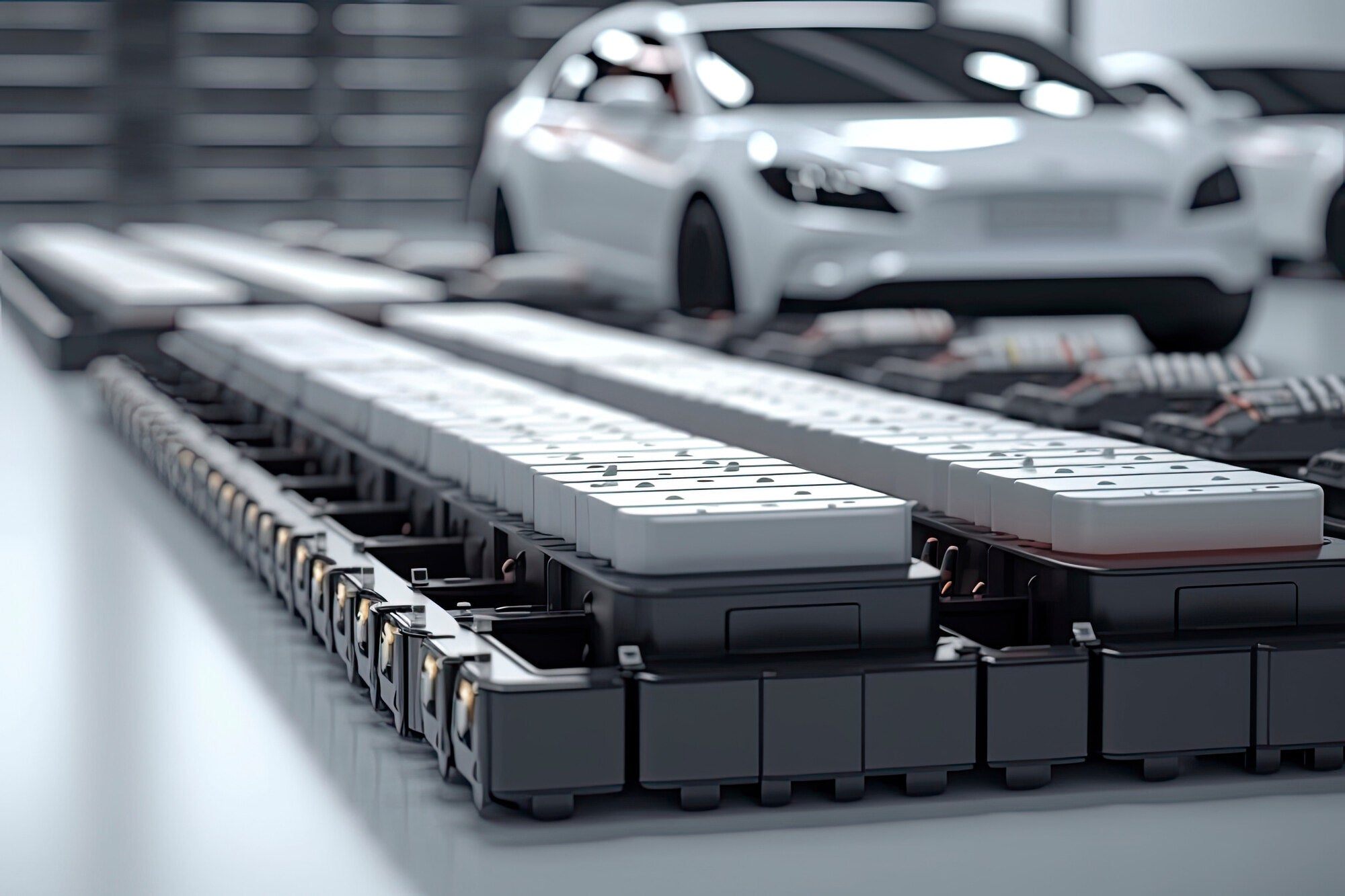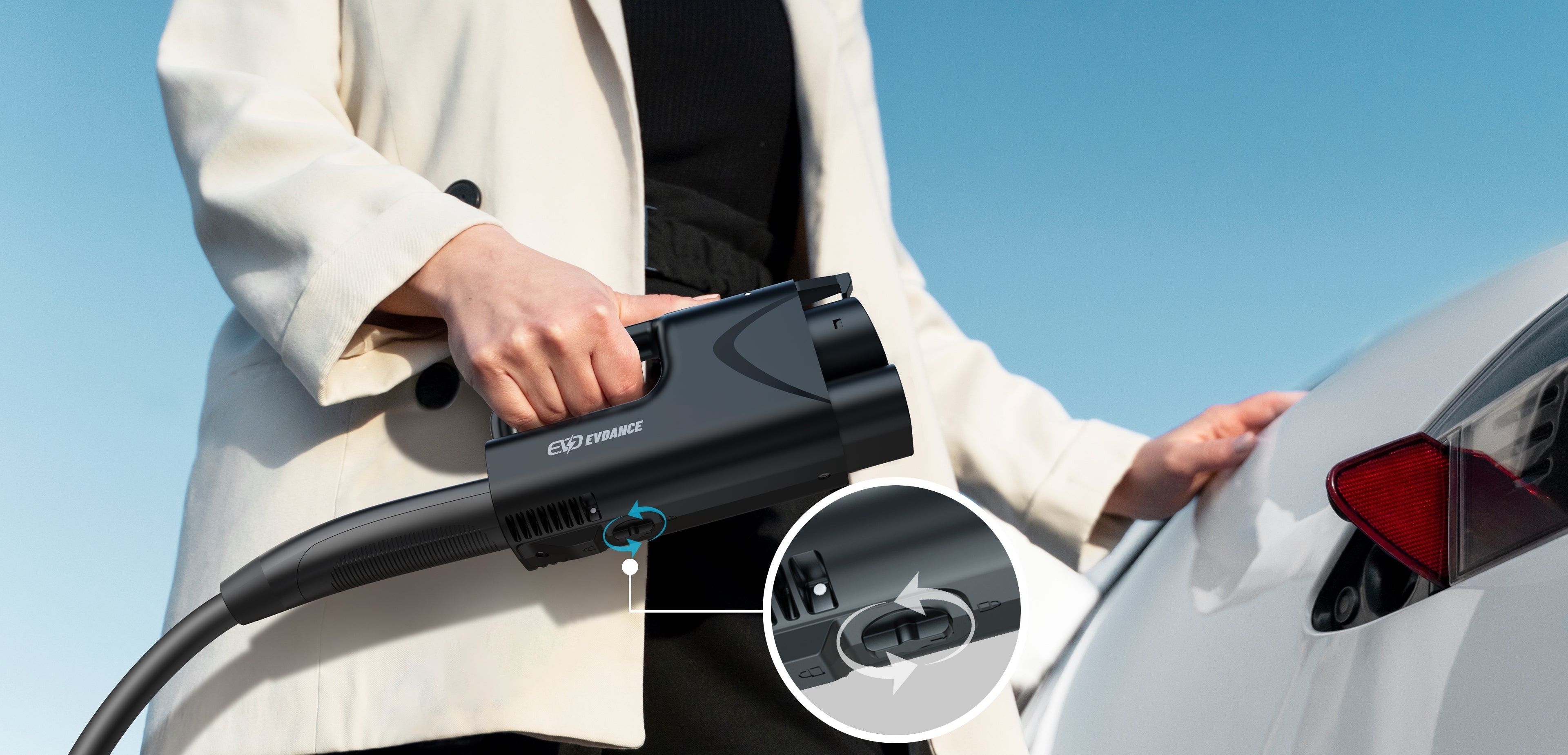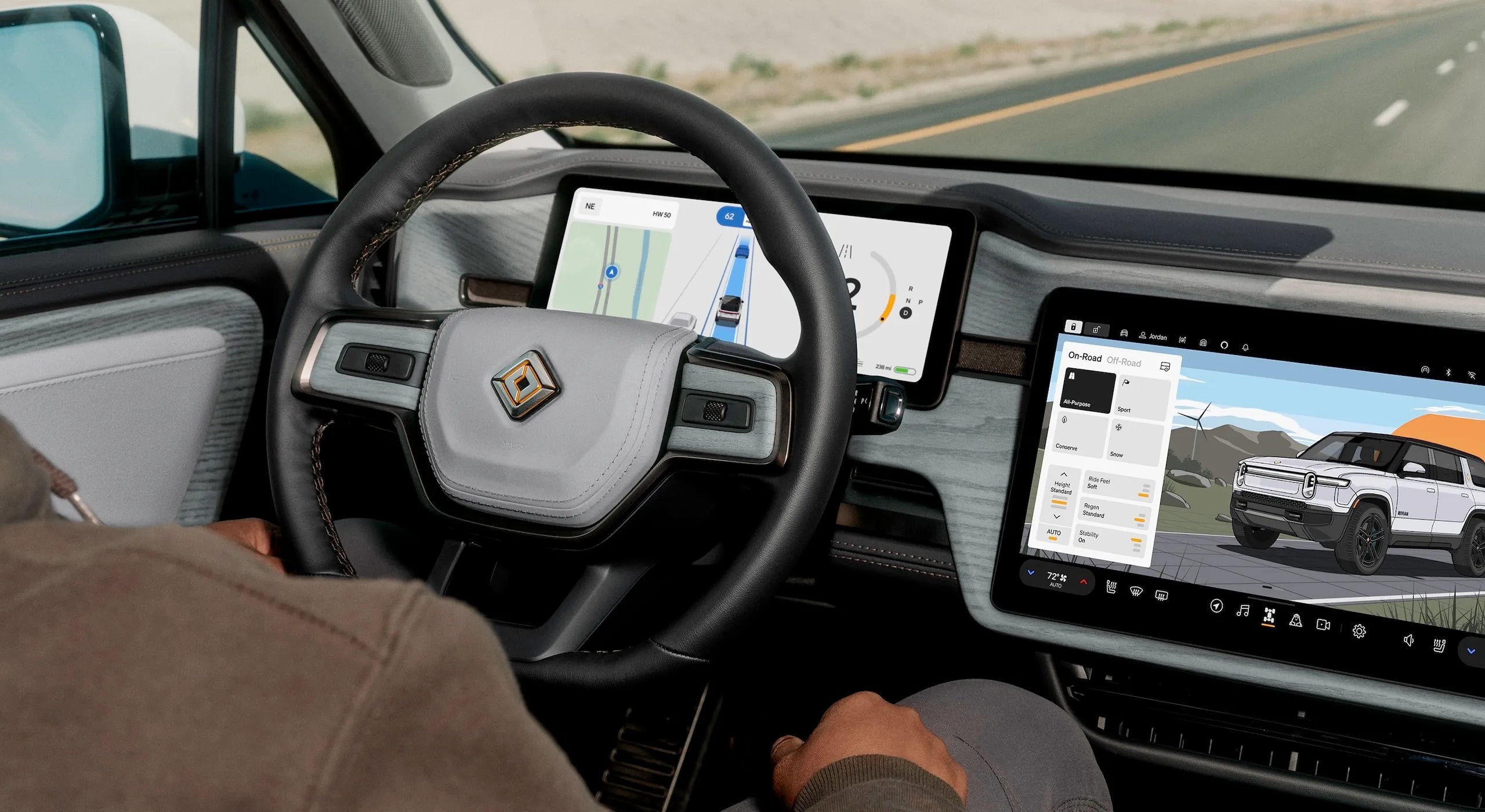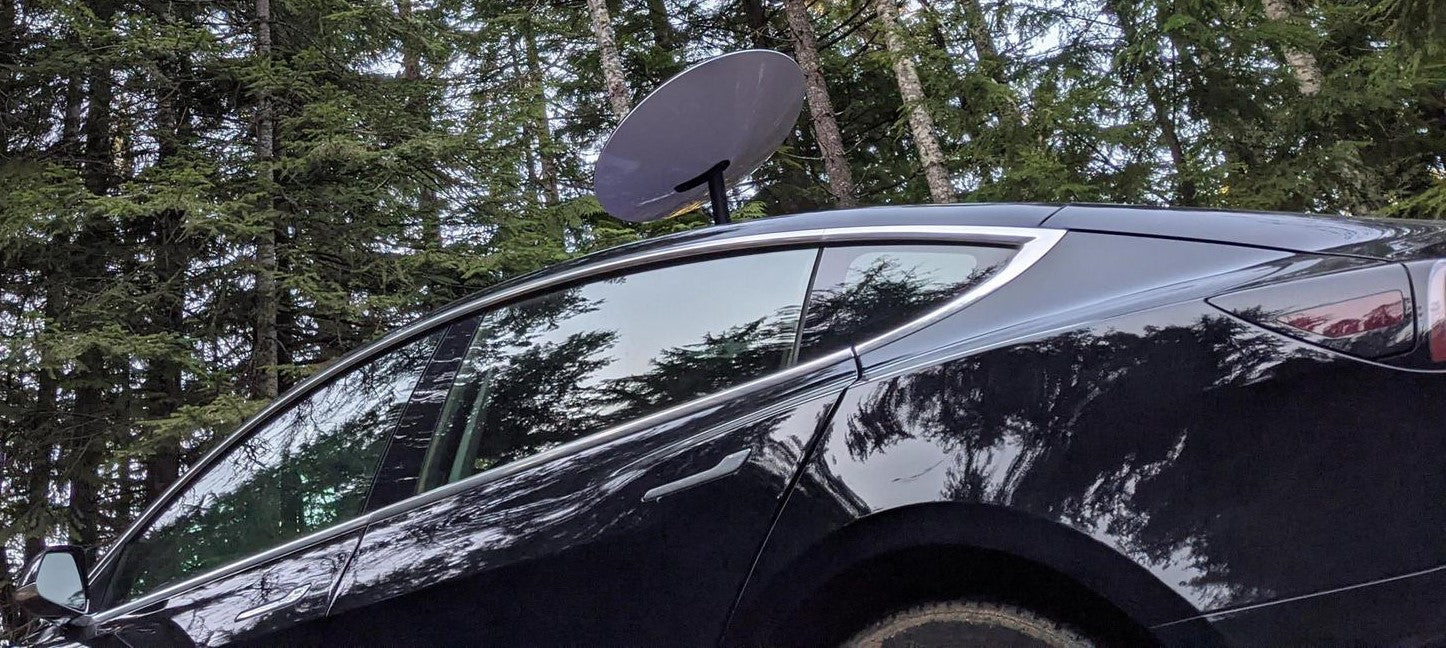Dans une initiative spectaculaire qui a bouleversé le monde des véhicules électriques, le constructeur automobile chinois Changan a annoncé une nouvelle voiture électrique capable de parcourir jusqu'à 1500 km avec une seule charge . Cette avancée, alimentée par une technologie de batterie à semi-conducteurs , a choqué et déçu de nombreux amateurs américains de véhicules électriques, faisant craindre un retard des États-Unis dans la course aux voitures propres de nouvelle génération.
L'annonce a suscité l'enthousiasme en Asie et en Europe , mais la frustration parmi les fidèles de Tesla, qui se demandent désormais si l'innovation américaine peut encore mener la révolution mondiale des véhicules électriques.

Briser la barrière des 930 miles
Pendant des années, les acheteurs de véhicules électriques ont lutté contre l'angoisse de l'autonomie , la peur de tomber en panne d'énergie lors de longs trajets. La percée de Changan semble bien partie pour y remédier.
Contrairement aux batteries lithium-ion actuelles (environ 150 Wh/kg ), la batterie solide de Changan atteint 400 Wh/kg . Cela représente une quantité d'énergie stockée bien supérieure par rapport à son poids, permettant de parcourir des distances autrefois considérées comme impossibles.
Par exemple, la voiture pourrait aller de New York à Nashville sans recharge. Les trajets autrefois entrecoupés de points de recharge pourraient bientôt être effectués d'un seul coup.
La sécurité est un autre avantage. Les batteries à semi-conducteurs sont moins sujettes à la surchauffe ou à l'incendie , ce qui réduit les risques d'explosion ou de fuite. De plus, la charge est nettement plus rapide : une simple pause-café peut suffire à recharger efficacement vos batteries au lieu de passer des heures à la station-service.
La stratégie ambitieuse de Changan
Changan n'est pas un nouveau venu. Fondée en 1862 , l'entreprise a une longue histoire de réinvention. Les véhicules électriques étant désormais l'avenir du transport individuel, Changan s'impose sur la scène internationale.
-
Prototypes : attendus d'ici 2025
-
Production de masse : prévue pour 2027
Ce calendrier place Changan des années en avance sur ses rivaux qui visent toujours des percées similaires à l'horizon 2030 .
Tesla, longtemps salué comme le visage de la révolution des véhicules électriques , se retrouve soudainement sous pression. Alors que Tesla promettait des avancées majeures dans la technologie des batteries, Changan a fourni des chiffres concrets , laissant perplexes de nombreux partisans américains des véhicules électriques.
Changan met également l’accent sur la sécurité, la longévité et les économies de coûts :
-
Les batteries durent deux fois plus longtemps que les packs lithium-ion
-
Fournit 30 % d'énergie en plus par livre , rendant les voitures plus légères et plus efficaces
-
Pourrait réduire les dépenses de recharge de 50 % d’ici une décennie

Réaction mondiale et tensions croissantes
L'industrie automobile mondiale observe la situation de près. Les constructeurs japonais et européens préparent déjà des contre-stratégies, tandis que les fidèles fans de Tesla expriment leur frustration en ligne.
Les voitures Tesla offrant la plus grande autonomie atteignent aujourd'hui environ 640 km par charge , soit moins de la moitié des 1 500 km promis par Changan. Si cette autonomie est atteinte, les véhicules électriques pourraient enfin être plus pratiques que les voitures à essence .
Au-delà de l'autonomie, cette avancée soulève des questions géopolitiques. Alors que les constructeurs automobiles chinois s'emballent , les inquiétudes grandissent quant à la capacité des États-Unis à suivre le rythme dans ce que beaucoup considèrent comme la course technologique la plus importante du XXIe siècle .
Pour les fans de Tesla, l’idée qu’un rival étranger puisse définir l’avenir de la conduite ressemble à un signal d’alarme – et peut-être à un tournant.
Lecture recommandée : La MG4 devient le premier véhicule électrique équipé d'une batterie semi-solide dont la vente est autorisée en Chine.








Partager:
Hyundai et Kia explosent aux États-Unis grâce à des ventes record de véhicules électriques
Décrypter le revirement de Trump dans l'accord commercial : les normes unifiées pourraient-elles remodeler le marché américain des véhicules électriques ?